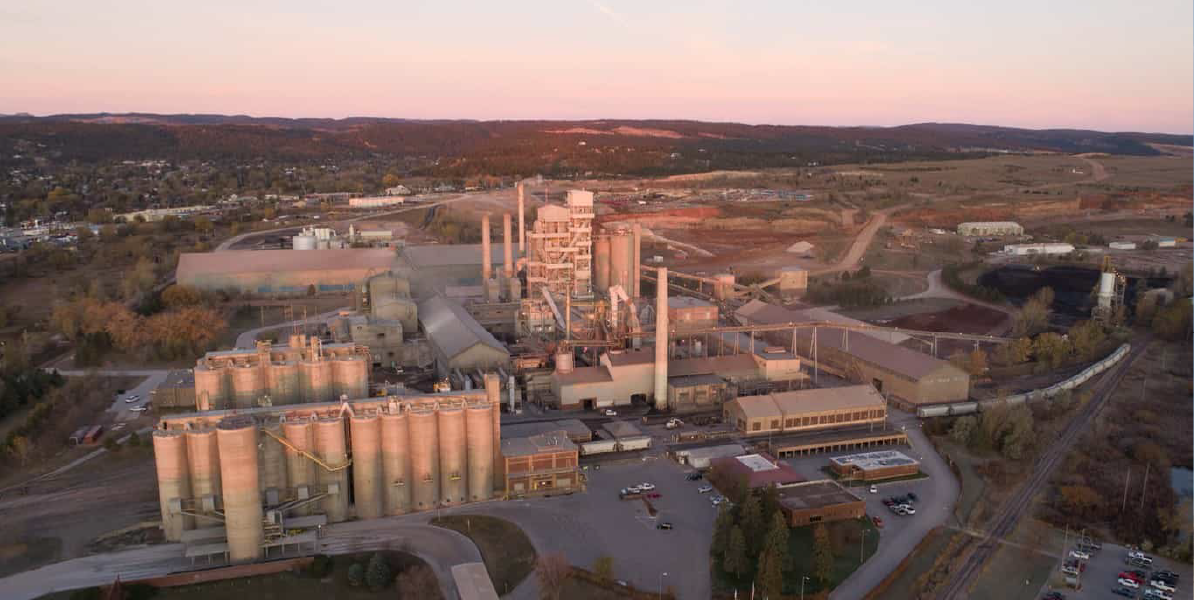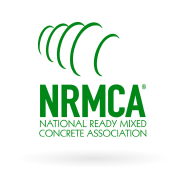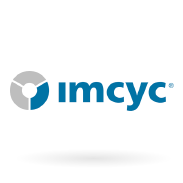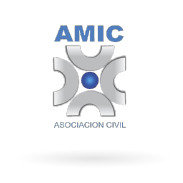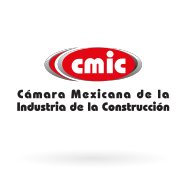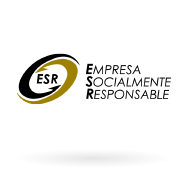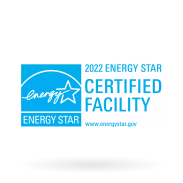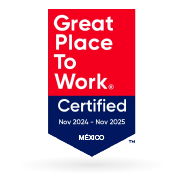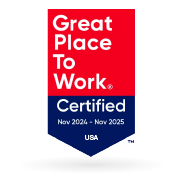

The United Nations defined 17 goals that address global poverty, inequality, climate change, environmental degradation, peace and justice. The United Nations' SDGs provide the foundation for GCC's 2030 sustainability targets, and present a real opportunity for our sustainability program to foster new opportunities, build relationships with stakeholders, contribute to the resolution of societal challenges and protect the environment.
GCC identified 9 SDGs that align with our 2030 sustainability targets and ways that we contribute to global sustainability goals, we currently focus on the following five:

GCC’s sustainability strategy focuses on environmental responsibility, climate protection, fostering social responsibility and ensuring economic sustainability for our generation and future generations. Our strategy was developed to reduce our overall impact on surrounding communities and the environment while creating value for all our stakeholders.
We pledge to implement global best practices related to sustainability by adopting the United Nations’ Sustainable Development Goals which provide the foundation for our 2030 sustainability targets and action plans.
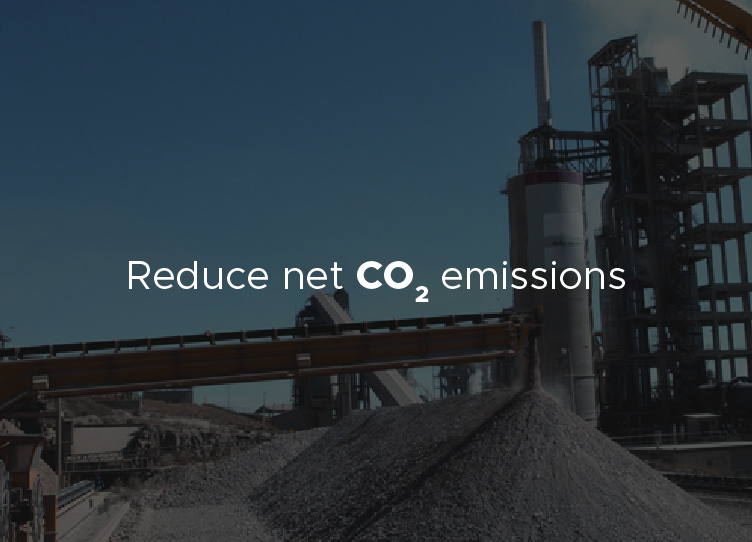
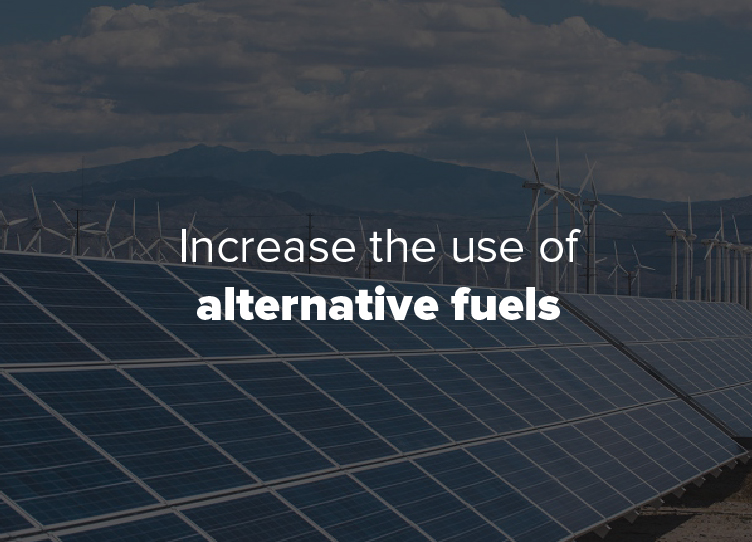
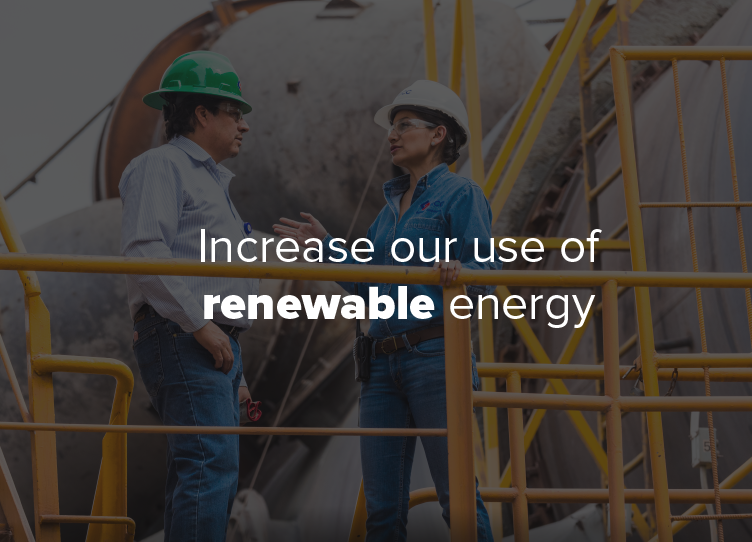
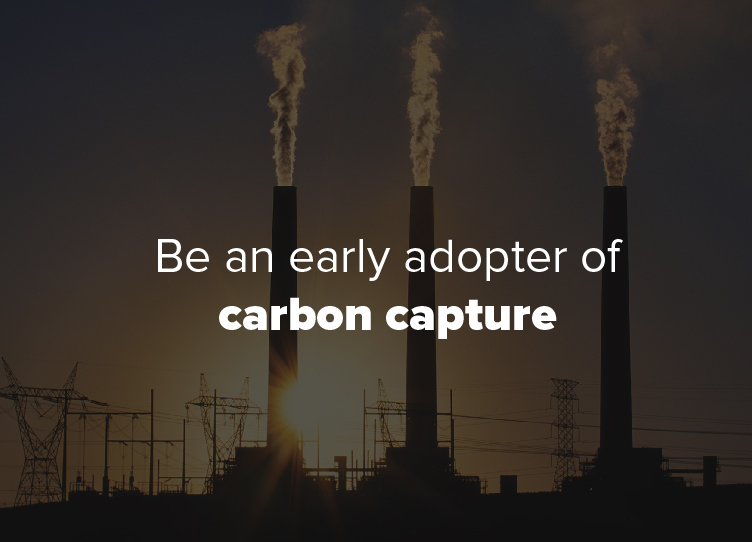
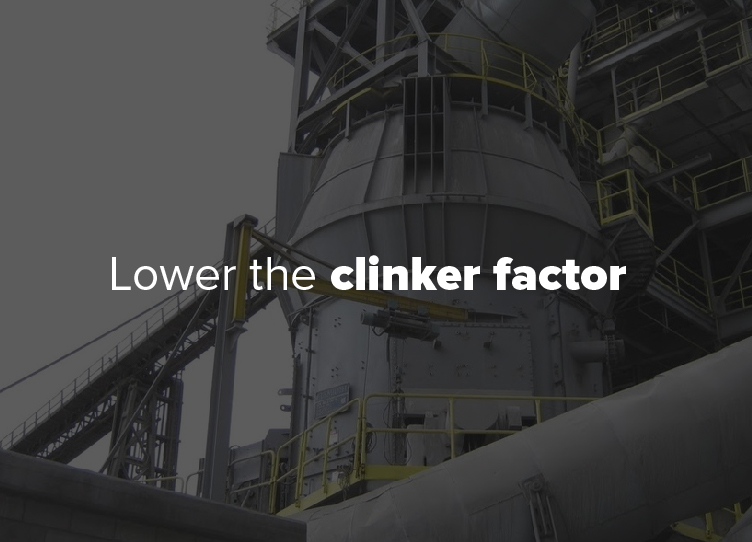
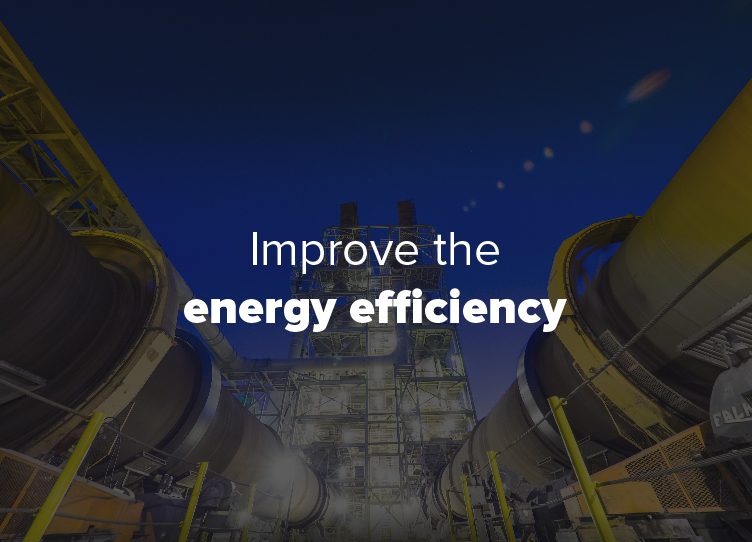
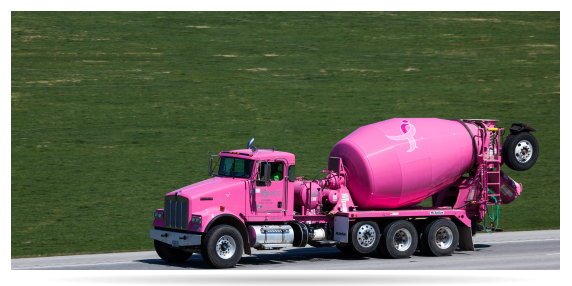
Creation of GCC Foundation, the cornerstone of our community collaboration, investing in communities through education and sustainable development.
GCC became a member of the Cement Sustainability Initiative (CSI) created by the World Business Council for Sustainable Development (WBCSD).
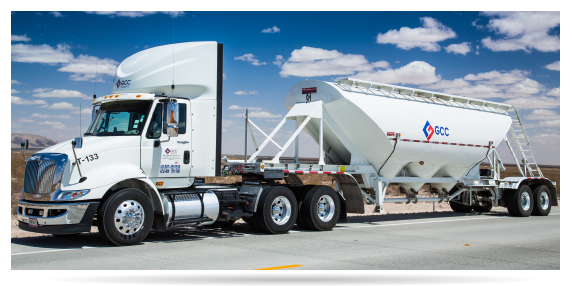
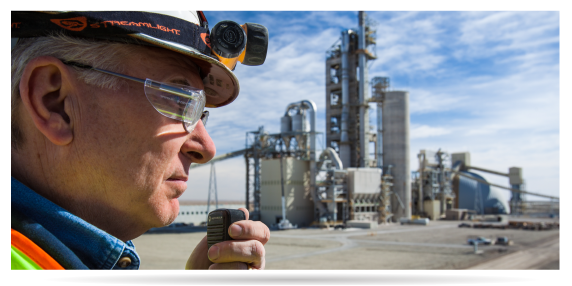
GCC’s Pueblo Plant starts using tire-derived fuel.
GCC formalized the sustainability department and created the Sustainability Committee to include a sustainability approach in decision-making processes.
GCC created a program to invest in projects that address social and environmental challenges in the state of Chihuahua.
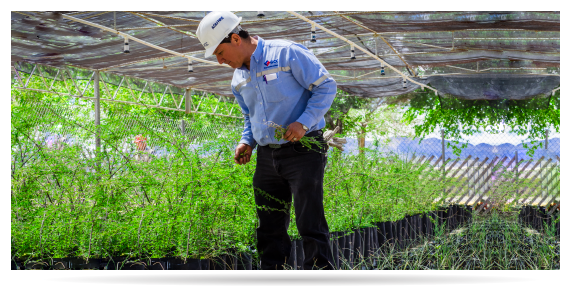
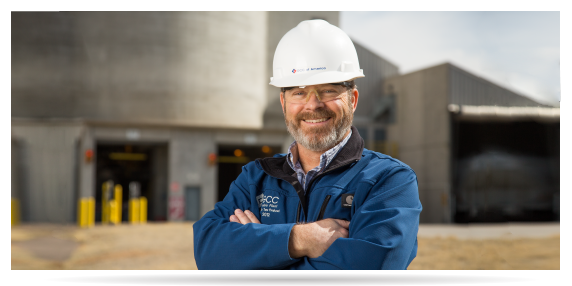
GCC reduced CO2 emissions by 7% as a result of an increase in alternative fuels and the production of blended cements.
GCC completed stage 1 of the implementation of FROEE Chihuahua (Organic Residual Fraction of Energy Efficiency), an engineered fuel made from non-hazardous plastics, wood and fabric.
GCC achieved a 7.6% reduction in CO2 per ton of cement by using alternative fuels in the Mexico and Pueblo plants.
GCC completed stage 2 of the implementation of FROEE Chihuahua (Organic Residual Fraction of Energy Efficiency) allowing that weighing and dosing systems deliver material to a new burner designed to use alternative fuels.
Two of GCC’s plants received the U.S. Environmental Protection Agency (EPA) ENERGY STAR certification for superior energy performance.
GCC joined the Global Cement and Concrete Association (GCCA).
GCC expanded the Pueblo plant’s alternative fuels capability beyond tire-derived fuel allowing a flexible variety of traditional scrap materials as alternative fuels.
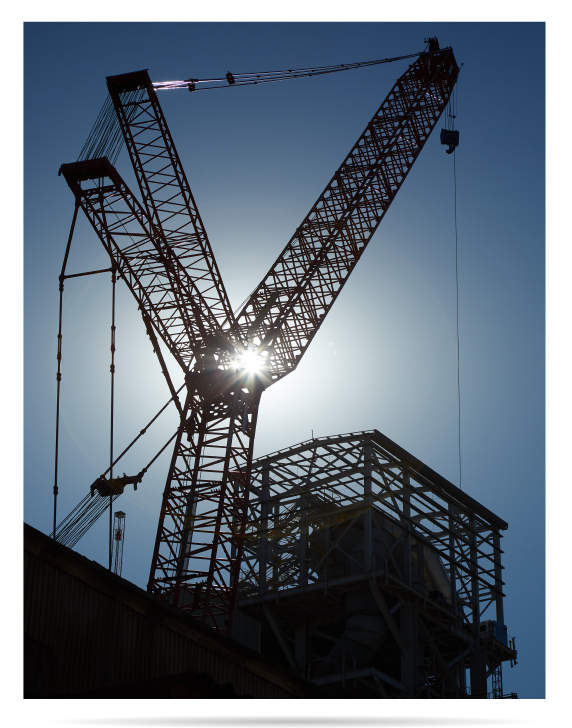
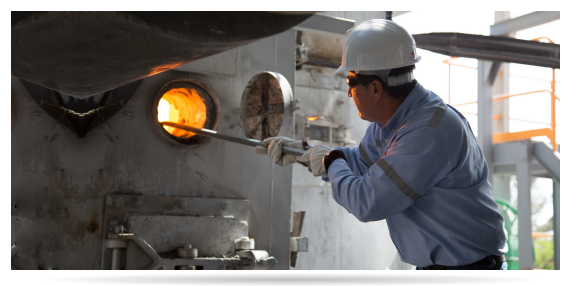
GCC committed to the Science-Based Target Initiative in line with the goals of the U.N. Paris Accord.
GCC joined GCCA’s Research Network, Innovandi, to ensure we are on the leading edge of innovation for a sustainable future.
The Pueblo plant achieved ENERGY STAR® certification, earning one of the highest scores in the cement industry.
GCC created an Energy Group to oversee the corporate strategy for energy to help reach our sustainability and economic goals.
GCC created the Corporate Technical and Operations Office (CTOO) to strengthen processes and support sustainable growth.
GCC’s Pueblo cement plant won the Portland Cement Association’s 2019 Chairman’s Safety Performance Award which recognizes outstanding performance.
Two GCC’s cement plants earned the EPA 2020 ENERGY STAR® certification for superior energy performance.
GCC entered into a long-term agreement with a renewable energy provider to supply 50% of the electricity consumed at the Rapid City cement plant.
We formed the Diversity and Inclusion Committee to strengthen our diverse culture, promote labor inclusion and ensure equity for each employee.
We signed on to the Women Empowerment Principles established by the United Nations.
We received the “Great Place to Work” designation for the second time in the U.S. and increased our ranking in Mexico to 7th place and 3rd place in time of crisis, reflecting GCC’s response against COVID- 19 challenges.
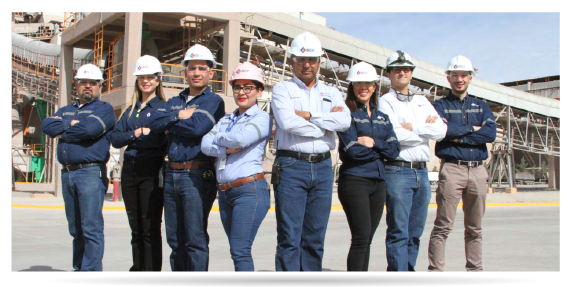
GCC partnered with the Global Cement and Concrete Association to achieve carbon neutrality across the cement and concrete industry by 2050.
Two GCC’s cement plants earned the EPA 2021 ENERGY STAR® certification for superior energy performance.
We once again received the “Great Place to Work” Certification in the United States and Mexico.
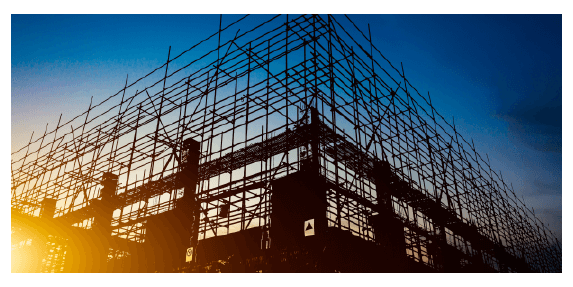
GCC issued a sustainability linked bond (SLB) leveraging a core, relevant and material sustainability performance target such as CO2 intensity reduction.
The Pueblo and Rapid City plants earned the EPA 2022 ENERGY STAR® certification for their high energy efficiency.
GCC was awarded a “B” rating in Carbon Disclosure Project (CDP) climate rating.
We received the “Great Place to Work” Certification in the United States and Mexico, and we ranked 2nd in the manufacturing and production category and 3rd in the northwest regional category.
15% of electricity consumed by GCC’s operations came from renewable energy sources.
GCC’s CEO, Enrique Escalante, was elected to GCCA’s (Global Cement and Concrete Association) board of directors.
GCC became a member of the UNFCCC Race To Zero campaign, committed to reducing emissions to achieve carbon neutrality by 2050 throughout our value chain.

GCC’s 2030 greenhouse gas (GHG) emissions reduction target was validated by the Science-Based Targeting Initiative (SBTi).
The Task Force on Climate-related Financial Disclosures (TCFD) framework was endorsed and is based on four key areas: governance, strategy, metrics and objectives, and risk management.
The Pueblo and Rapid City plants earned the EPA 2023 ENERGY STAR® certification for their high energy efficiency.
GCC maintained a “B-” rating in Carbon Disclosure Project (CDP) climate rating and disclosed the water security impact for the first time.
We received the “Great Place to Work” Certification in the United States and Mexico, and we ranked 10th in the manufacturing and production category, and in the northwest regional category.
19% of electricity consumed by GCC's operations came from renewable energy sources.
GCC reduced clinker factor to 84.2%.
Blended cements represented a record 73% of cement production.
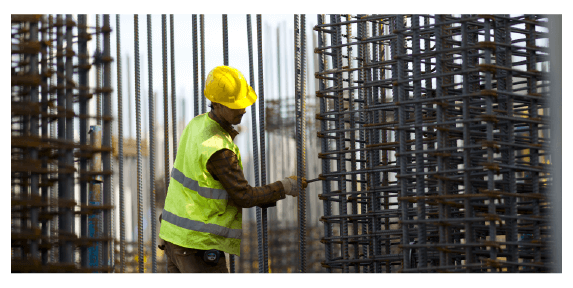
The Pueblo and Rapid City plants earned the EPA 2024 ENERGY STAR® certification for their high energy efficiency.
GCC was awarded an “A-” by the Carbon Disclosure Project (CDP) for its climate change disclosure and a “B-” for water security.
We received the “Great Place to Work” Certification in the United States and Mexico, and we ranked 8th in the manufacturing and production category and 6th in the northwest regional category.
20.6% of electricity consumed by GCC’s operations came from renewable energy sources.
GCC reduced clinker factor to a record 83.7%.
GCC published its inaugural Integrated Report for the fiscal year 2023.
